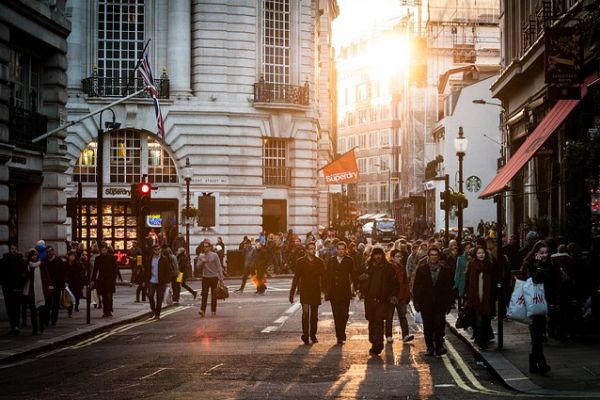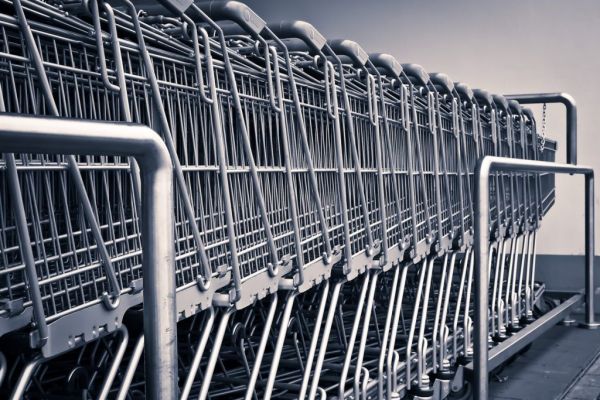UK inflation climbed to its highest rate in more than five years in September, boosted by the cost of food and transport.
Consumer prices rose 3% from a year earlier, the fastest pace since April 2012 and up from 2.9% in August, the Office for National Statistics said on Tuesday in London.
The increase intensifies the squeeze on British households and may embolden Bank of England policy makers to raise interest rates for the first time in over a decade next month.
Increases in oil and petrol prices mean it’s “likely” inflation will climb higher in October, BOE Deputy Governor for Markets and Banking Dave Ramsden said in written testimony to lawmakers in London, released just before the data.
That would make it more than a full percentage point above the central bank’s 2% target, meaning Governor Mark Carney would have to write a public letter of explanation to the Treasury.
Rising Costs
The pound erased an advance after the inflation data to trade little changed at $1.3258 as of 10:21 am London time.
The report showed core inflation unchanged at 2.7% last month, the highest rate since December 2011.
Rising import costs brought about by the weak pound should prove temporary, but officials are increasingly concerned that Brexit has left the economy prone to more persistent price pressures.
The BOE will publish new forecasts with their policy decision on November 2. The central bank said in August that inflation would peak at around 3% this month, before falling to 2.6% by the third quarter of 2018.
The pickup in September came from a 0.8% increase in food prices, while transport costs fell less than they did a year earlier. Recreation and culture also contributed, as did the cost of motor fuel.
Clothing Prices
Downward pressure came from clothing and footwear, which rose 3.9% - less than the 5.2% increase seen in September 2016. Air fares fell more than a year earlier, despite Ryanair cancelling flights. The ONS said the latest survey of prices was completed before Centrica announced a 12.5% increase in electricity tariffs.
Separate figures underscored the effect of the weak pound, with manufacturing input prices rising 8.4% in September from a year earlier. The cost of goods leaving factory gates climbed 3.3%, showing firms are absorbing some of the cost.
Figures on Wednesday are expected to show wages lagging further behind inflation, despite the lowest unemployment for four decades.
“I still think there is some slack in the economy,” Ramsden told lawmakers, also revealing that he wasn’t part of the majority of policy makers seeing a likely need for higher interest rates soon. “I’m going to approach each MPC meeting as it comes.”
The September inflation rate has traditionally been used to uprate welfare benefits for the following April, but many have been frozen until 2020 to help bring down the budget deficit. The Resolution Foundation warned this week that many low-income households are losing hundreds of pounds a year as a result.
News by Bloomberg, edited by ESM. Click subscribe to sign up to ESM: The European Supermarket Magazine.














